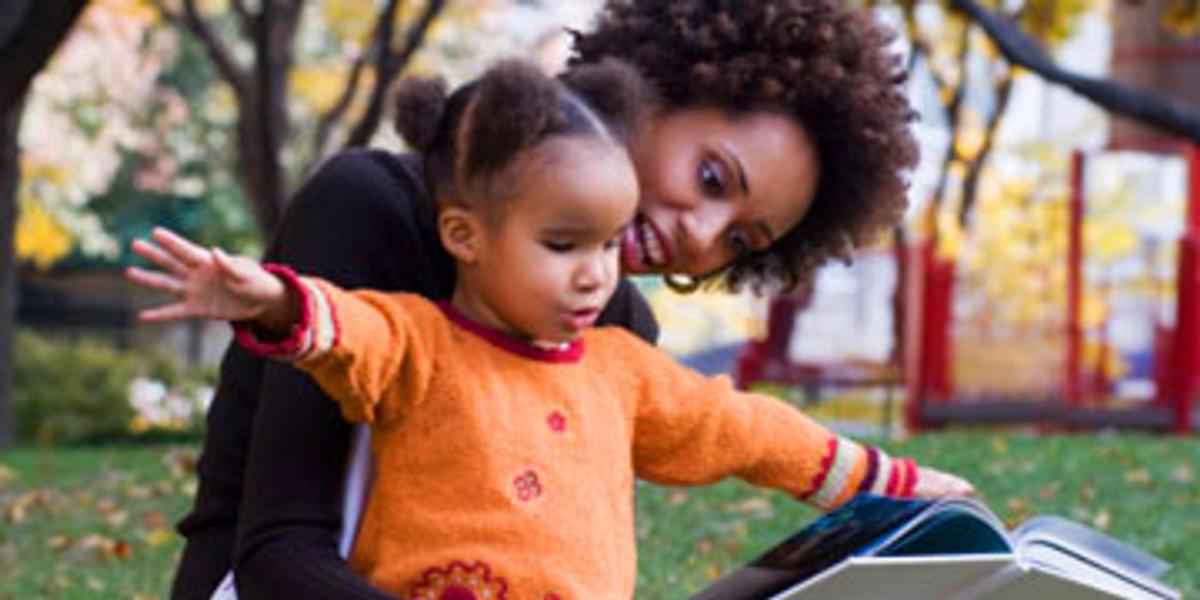CHAPLAIN'S CORNER

Hi Everyone!
In a few weeks, many students in our school community will be facing CHANGE, as they look ahead to 2024. They will be changing grades with new teachers in most cases; some will be leaving us to begin secondary school; and others will be changing primary schools and/or moving house.
CHANGE brings many emotions – excitement, joy, nervousness, uncertainty, fear, anxiousness, etc. Preparing our children well ahead will help to ease their concerns. How we respond and cope with CHANGE for ourselves will have a huge impact on how our children will cope.
Children need to be prepared for changes ahead to make them feel secure. Children thrive on routine and on knowing what is happening next.
THINKING AHEAD - Helping Your Child Cope with School Transitions
To assist them with transitions the following ideas may be helpful:
- If the family is moving, take pictures of friends and familiar places and offer ways to keep in contact with close friends via phone, email, and letters.
- Encourage your child to discuss the future transition by asking questions such as, "What have you been thinking about your new school?" Many schools have websites that describe procedures, show virtual tours, and answer common questions.
- Help your child get to know the new environment beforehand. When possible, visit the school together. Even viewing it from a car or seeing a photograph of the building is better than leaving the first day to the child's imagination.
- Let your child know it is natural to feel apprehensive. He or she may be fearful of not being accepted by peers or about mastering the logistics or academics of a new grade or school. Share childhood memories of times when you were worried about a new situation. Relate the good things that happened like how you met your best friend or that your new teacher was one of your favourites.
- Keep the days leading up to the transition as positive as you can - Stress that his or her class will offer many new experiences. The night before the first day, have your child put out everything needed for school. The next morning allow time to get ready in a calm manner.
- Empower your child by discussing actions he or she can take if a problem arises. Ask, "What concerns you most about school?" Listen and then ask, "If that happens, what will you do?" Help your child think of constructive ways to deal with a difficult situation.
- Expect the transition to be ultimately successful. Yet, remember that adjustments take time and the first days in a new school are often overwhelming. Your attitude can help your child; let him or her know you are confident in his ability to adjust well.
- Be available after school starts. Understand that your child may need extra time, attention and support. Plan some fun family times.
- Encourage your child to try new things by participating in one or two extracurricular activities.
- Continue to foster your child's organisational skills and assist him or her in becoming responsible and independent.
If after an adjustment period of time, your child is reluctant to go to school or seems truly unhappy, seek help. Identify your concerns and meet with your child's teacher and/or school counsellor. Together, perhaps with the child being present, work out a plan of action.
HELP YOUR CHILD TO FLY!
Robyn Mulholland,
(School Chaplain)
robyn.mulholland@education.vic.gov.au




